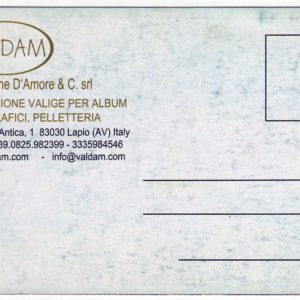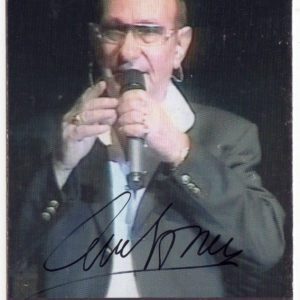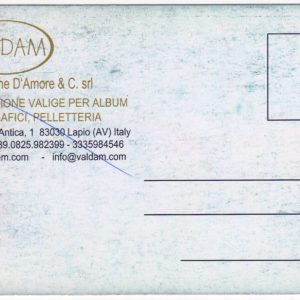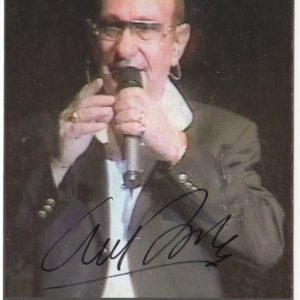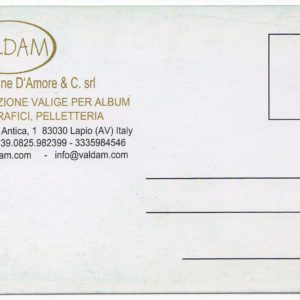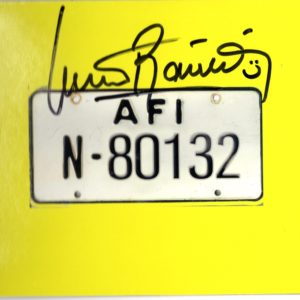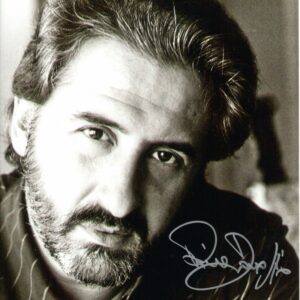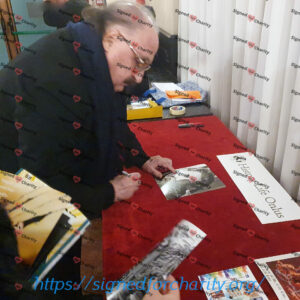Description
Nicola Di Bari, born Michele Scommegna on 29 September 1940, is an Italian singer-songwriter and actor. He is considered one of the “sacred monsters” of Italian pop music.
Life and career
Born in Zapponeta, Apulia, Di Bari was the youngest of ten children from a farming family. He gave up his accountancy studies to work in Rome, and after a short stay in Rome he moved to Milan. In 1962, in Cologno Monzese, he won a song contest with a song of which he was also the author, “Piano pianino”. In 1964 he achieved his first commercial success with the song “Amore ritorna a casa”. Between 1965 and 1967 he entered the competition at three editions of the Sanremo Music Festival, while coupled with Gene Pitney.
In 1970 Di Bari obtained even greater commercial and critical success with the song “La prima cosa bella”, which ranked second at the Sanremo Music Festival and first on the Italian hit charts. In 1971 he won the Sanremo Music Festival and Canzonissima, with the songs “Il cuore è uno zingaro” and “Chitarra suona più piano”. In 1972, he again won the Sanremo Festival and represented Italy at the Eurovision Song Contest with the song “I giorni dell’arcobaleno” (“The Days of the Rainbow”). In the following years Di Bari grew his international popularity, especially in Latin America, where he recorded several albums in Spanish and where he gradually focused his career.




